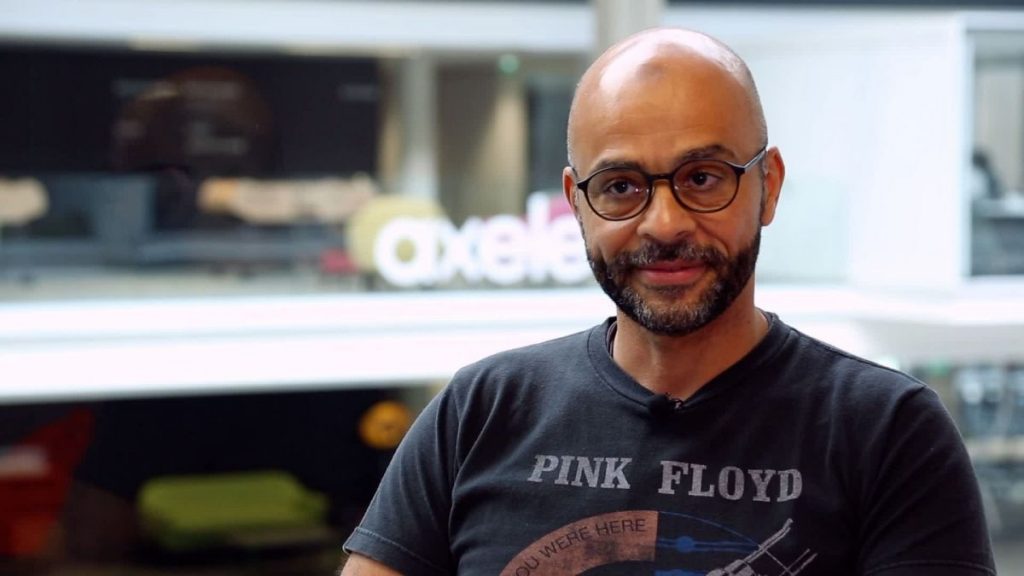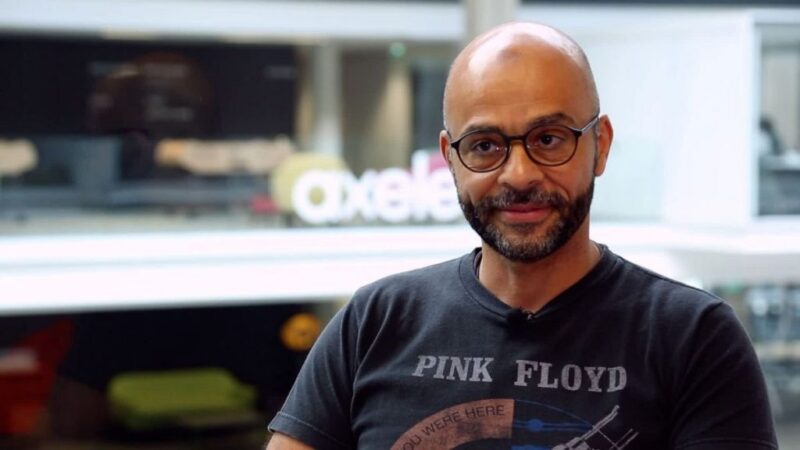Former Google X CEO, Mo Gavdat, expressed concerns about the international community’s response to the rise of AI during a recent discussion held at Cinnamon Lakeside Colombo (Sri Lanka). In an ensuing interview with Sky News, Gavdat elaborated on his views, highlighting the complexities surrounding AI regulation and its impact on global dynamics.

Gavdat’s central assertion is that the era of humans as the preeminent intelligent species on Earth is now behind us, with AI increasingly catering to human obsessions such as greed, consumerism, and military applications. This has led to what he terms a “prisoner’s dilemma” on an international scale, where divergent approaches to AI regulation hinder cohesive global action.
Intriguingly, the first-ever debate on AI took place at the UN Security Council in July, reflecting the growing recognition of AI’s impact on global stability. The debate discusses the United Nations Security Council’s focus on the opportunities and risks associated with AI for international peace and security. The debate is incomplete, but here are some key points:
Key Points:
- UN Security Council’s Role: The UN Security Council has the primary responsibility for maintaining international peace and security. Given the growing importance of AI, the council decided to discuss its implications.
- AI’s Impact: Antonio Guterres, the UN Secretary-General, emphasized that AI has had a significant impact on sustainable development, labor, and social order. He was particularly impressed by the capabilities of AI chatbots like ChatGPT by OpenAI.
- Rapid Adoption: The Secretary-General highlighted the unprecedented speed of technology adoption, comparing it to the invention of the printing press. He mentioned that AI could contribute between $10 trillion to $15 trillion to the global economy by 2030.
- Opportunities and Risks: AI has the potential to accelerate global development and can be used for various tasks, from climate control to medical research. However, it also poses risks like enhancing prejudices, discrimination, and authoritarian control.
- Regulatory Urgency: The Secretary-General supported the idea of creating a new UN body to regulate AI, similar to the International Atomic Energy Agency (IAEA).
- UK’s Perspective: James Cleverly, the British Foreign Minister, agreed on the need for urgent state governance of transformational technologies like AI. He outlined four principles based on openness, freedom, and democracy.
Gavdat’s observations reveal distinct perspectives from three major global players: China, the US, and Russia.
The debate reflects a scenario akin to the “prisoner’s dilemma” from game theory, where rational choices made by individual actors can lead to suboptimal collective outcomes. Overcoming this dilemma necessitates a blend of communication, trust-building, and long-term perspective, which appears challenging in the current AI discourse.
Gavdat’s insights underline the urgency of establishing a harmonious global AI regulatory framework, given the rapid advancement of AI technologies and their potential to reshape societies, economies, and security paradigms.
The article was written with Telegram community assistance.
Source: mPost





